Current Section: model
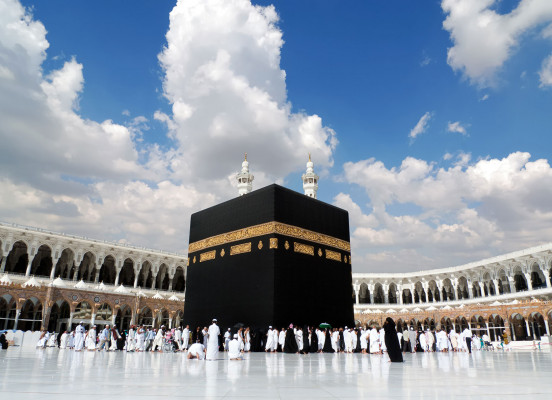
Lesson Winter, Prayer and Fasting
When the temperature drops dangerously low in winter, then it must be determined if the cold does not prevent the people from coming out of their homes to go to the prayer. In that case, the call to prayer remains the same also.
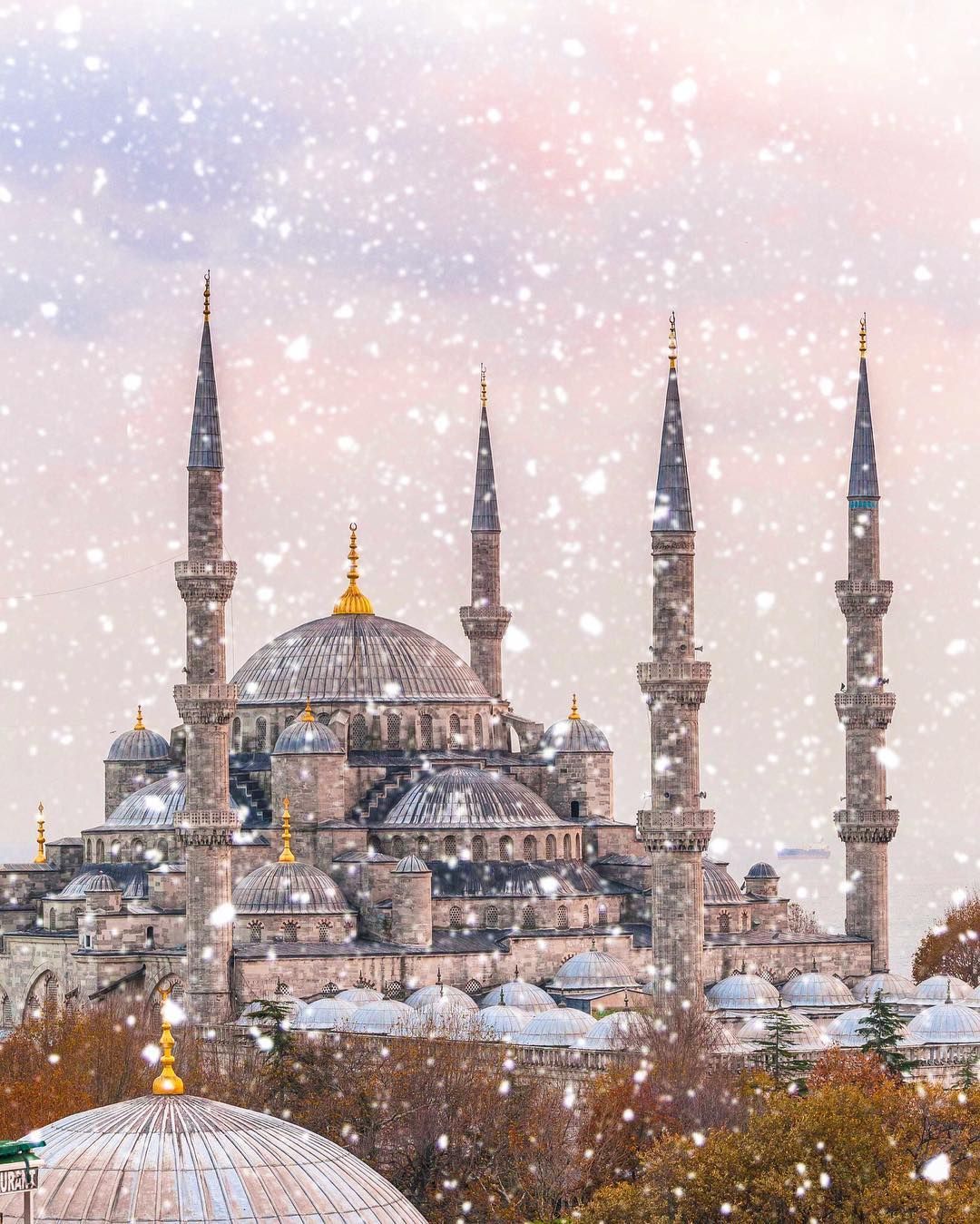
If the cold is so severe, to the point that it makes it very difficult for most people to leave their houses, then the caller to the prayer should say in the Adhan: "Pray wherever you are staying" or "Pray in your homes." In this way he is telling them to not pray in the mosques.
Nafi' said: "Once on a cold night, Ibn `Umar called the adhan for the prayer at Dajnan (the name of a mountain near Makkah) and then said, "Pray in your homes," and informed us that Allah's Messenger (ﷺ) used to tell the caller to the prayer to call the adhan and say, «Pray in your homes» at the end of the adhan on a rainy or freezing cold night during a journey." (Al-Bukhari, 632, Muslim, 697)
People start a fire in winter, sometimes in the direction of the Qiblah (direction of prayer). What is better is that the prayer not be performed in the direction of the fire. This is to avoid imitating those Magians who worship the fire. Also, it can distract the person praying. If people need it to keep warm and moving it will cause difficulty, then there is no issue with leaving it where it is.
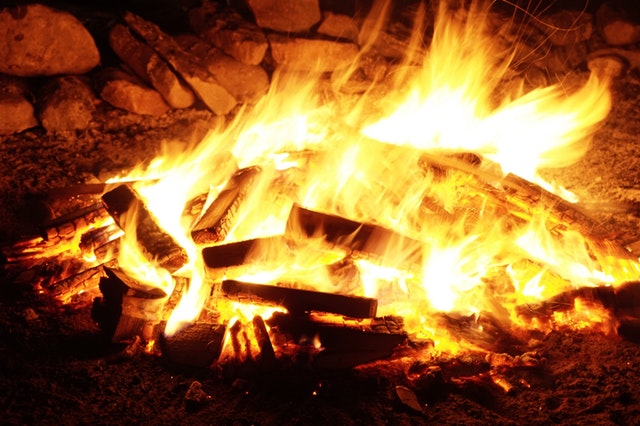
As for a heater that has no flames, it is not disliked to pray towards it.

Combining Two Prayers.
Combining two prayers refers to joining the Dhuhr prayer with the Asr prayer or the Maghrib prayer and joining it with the Isha prayer, which means you end up praying two prayers in one of the two times of either prayer. (whether it is combining the prayers earlier or later). This is to be done only if there is a legitimate reason for combining.
Legitimate reasons for combining prayers (that increase in the winter months) include: Rain, and some scholars also add severe cold winds. Snow that blocks the roads, and mud and dirt that fills the streets.

What is intended by legitimate reasons which allow the combining of prayers is: circumstances under which people find it difficult to keep leaving their houses to go to the mosques for the congregational prayers, so the caller to the prayer calls out telling people to combine the prayers. This is not the case during light rain, which does not prevent people from leaving their houses to go for enjoyment or to carry out some need.
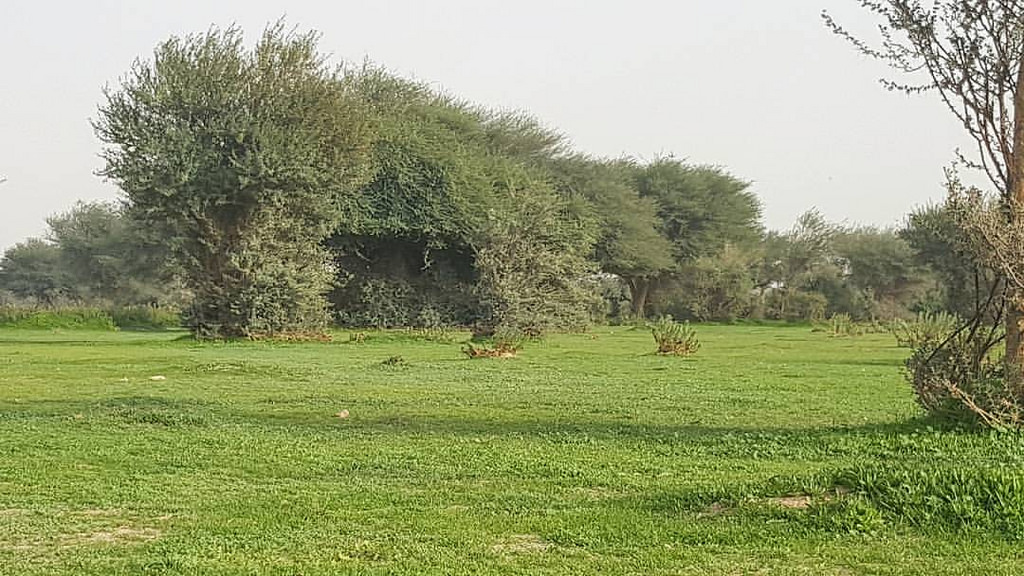
The default position is that Muslims perform prayers at the proper time. Allah says: (But when you become secure, re-establish [regular] prayer. Indeed, prayer has been decreed upon the believers a decree of specified times.) (An-Nisaa:103). Hence, combining the prayers is not appropriate unless there is a valid reason. It has been narrated from Omar Bin Al-Khattab and bin 'Abbas (may Allah be pleased with them) and others that combining two prayers without a valid reason is a major sin.
Whoever does not perform the prayer in the congregation, such as a woman, a sick person, and the one who neglects praying in the congregation, must not combine because there is no need for them to do so. The prayer is required to be prayed at its prescribed time. Likewise, the prayers should not be combined if the valid reason for doing so ends before the start of the following prayer.

It is sufficient for a Muslim to combine two prayers by giving one adhan for both while giving an Iqamah for each prayer. The supererogatory prayers should be prayed after both combined prayers have been prayed, and the post-prayer words of remembrance should also be done then.
In many mosques, people differ with regard to the presence of a valid reason to justify combining the prayers. The basic rule is that the Imam is responsible for deciding. If he has knowledge on the matter, then he can make his own decision. If the imam does not, he can consult those that do. If he does not think it to be permissible, then he should not combine, and the congregation should not disagree with his decision.

It is mentioned in some narrations that: "The winter is the spring of the believer; the days are short so that he can fast, and the nights are long so that he can stand and pray." (Sunan Al-Kubrah, 8456). It is so-called because he can enjoy various acts of worship. He is able to fast in the winter during the day without the difficulty of being hungry or thirsty due to the shortness of the day. As for the nights, then he can stand and pray because of how long they are; in this way, he can sleep as well as pray.
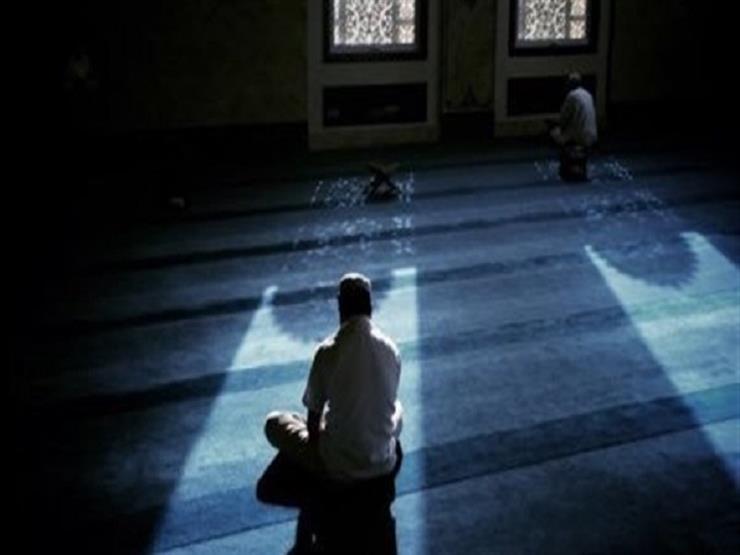
In some other narrations, it is mentioned: "Fasting in the winter is like cold spoils of war." (Reported by Ahmed, 18959). Umar (may Allah be pleased with him) said: "The winter is the prize of those that wish to worship Allah." (Al-Hilyah 1/51).



